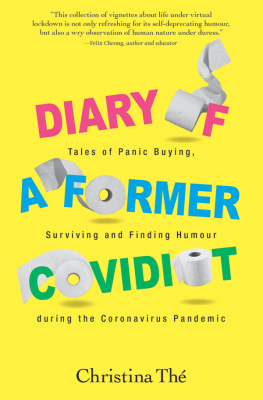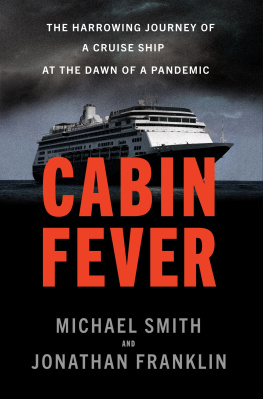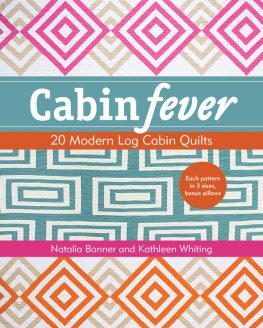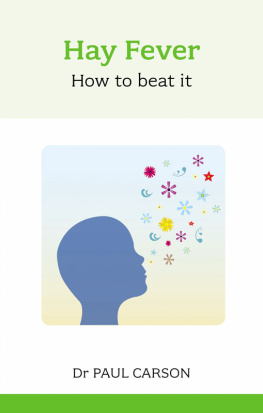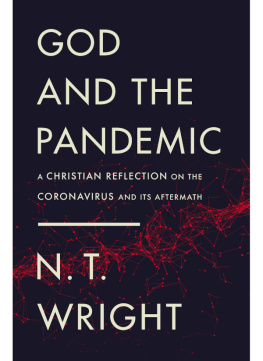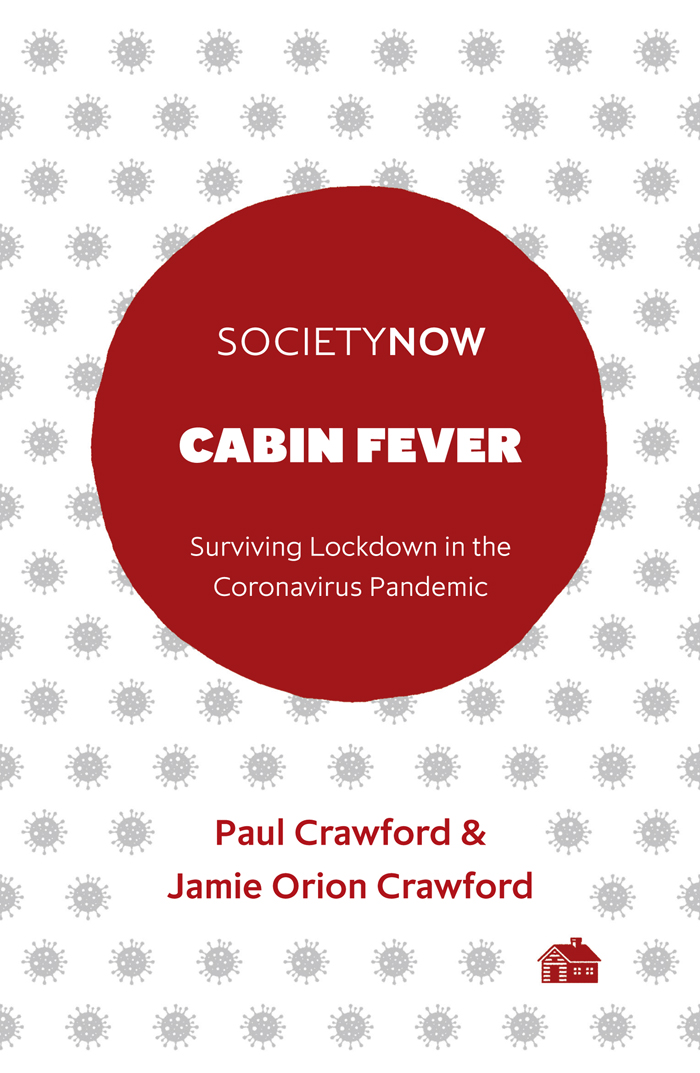SocietyNow
SocietyNow: short, informed books, explaining why our world is the way it is, now.
The SocietyNow series provides readers with a definitive snapshot of the events, phenomena and issues that are defining our twenty-first century world. Written leading experts in their fields and publishing as each subject is being contemplated across the globe, titles in the series offer a thoughtful, concise and rapid response to the major political and economic events and social and cultural trends of our time.
SocietyNow makes the best of academic expertise accessible to a wider audience, to help readers untangle the complexities of each topic and make sense of our world the way it is, now.
Poverty in Britain: Causes, Consequences and Myths
Tracy Shildrick
The Trump Phenomenon: How the Politics of Populism Won in 2016
Peter Kivisto
Becoming Digital: Towards a Post-Internet Society
Vincent Mosco
Understanding Brexit: Why Britain Voted to Leave the European Union
Graham Taylor
Selfies: Why We Love (and Hate) Them
Katrin Tiidenberg
Internet Celebrity: Understanding Fame Online
Crystal Abidin
Corbynism: A Critical Approach
Matt Bolton
The Smart City in a Digital World
Vincent Mosco
Kardashian Kulture: How Celebrities Changed Life in the 21st Century
Ellis Cashmore
Reality Television: The TV Phenomenon That Changed the World
Ruth A. Deller
Digital Detox: The Politics of Disconnecting
Trine Syvertsen
The Olympic Games: A Critical Approach
Helen Jefferson Lenskyj
CABIN FEVER
Surviving Lockdown in the Coronavirus Pandemic
BY
PAUL CRAWFORD
University of Nottingham, UK
JAMIE ORION CRAWFORD
Montreal, Canada

United Kingdom North America Japan India Malaysia China
Emerald Publishing Limited
Howard House, Wagon Lane, Bingley BD16 1WA, UK
First edition 2021
Copyright 2021 Paul Crawford and Jamie Orion Crawford
Published under exclusive licence by Emerald Publishing Limited
Reprints and permissions service
Contact:
No part of this book may be reproduced, stored in a retrieval system, transmitted in any form or by any means electronic, mechanical, photocopying, recording or otherwise without either the prior written permission of the publisher or a licence permitting restricted copying issued in the UK by The Copyright Licensing Agency and in the USA by The Copyright Clearance Center. Any opinions expressed in the chapters are those of the authors. Whilst Emerald makes every effort to ensure the quality and accuracy of its content, Emerald makes no representation implied or otherwise, as to the chapters' suitability and application and disclaims any warranties, express or implied, to their use.
British Library Cataloguing in Publication Data
A catalogue record for this book is available from the British Library
ISBN: 978-1-80071-355-0 (Print)
ISBN: 978-1-80071-352-9 (Online)
ISBN: 978-1-80071-354-3 (Epub)
To all who experienced the greatest confinement in history
CONTENTS
ABOUT THE AUTHORS
Paul Crawford is the world's first Professor of Health Humanities, pioneering the field and launching multiple new research, educational and practice initiatives worldwide. He directs the Centre for Social Futures at the Institute of Mental Health at the University of Nottingham, UK. Co-directs the Health Humanities Research Priority Area at the University of Nottingham. He is also an Adjunct Professor at the University of Canberra. His recent publications include Health Humanities (Palgrave, 2015), Humiliation (Emerald, 2019), The Routledge Companion to Health Humanities (Routledge, 2020) and Florence Nightingale at Home (Palgrave, 2020). He is also the editor of the Emerald Arts for Health Series (Emerald) for the general reader and Joint Editor-in-Chief for The Palgrave Encyclopedia of Health Humanities (Springer, in press).
Jamie Orion Crawford is a data analyst and researcher based in Montreal, Canada. He is experienced in analysing diverse data from a wide range of industrial contexts most recently the music industry for Wavo.me. He has contributed editorial advice to various publications including Crawford et al. (eds) The Routledge Companion to Health Humanities (Routledge, 2020) and Crawford et al. Florence Nightingale at Home (Palgrave, 2020). This is his first co-authored book project.
ACKNOWLEDGEMENTS
We wish to thank the University of Nottingham, the Wellcome Collection and the British Library in providing excellent online archives and resources.
PC: Special thanks to my wife, Fei-Chi, whose absence during lockdown made my heart grow fonder still; to Jamie for agreeing to counter my isolation by co-authoring this book; to Ruby and Owen for the occasional visits to my urban desert island and virtual hugs during shielding; to my brother Mark and his wife Christina who kept me sane by phone; to friends, neighbours and colleagues for their generous relief missions, bringing food, newspapers and 3D humanity. The 2 metre divide always seemed so much more.
JOC: Special thanks to my love, Andrea, for putting up with me (in general, but especially during lockdown) and to Brian and Mairi for allowing us to isolate ourselves at Komo cottage; to my dad for his lively debate and for this wonderful opportunity to write a book together; to the strongest person I know, my mum, who kept my spirits high with virtual visits to my island in Animal Crossing; to my grandparents, Orion and Eunice, whose regular video updates never failed to make me smile; and finally, to Josh, Will, Justin and Pierre for providing much needed comic relief.
1
THE GREATEST CONFINEMENT IN HISTORY
This short book discusses the origins, definitions, social and cross-cultural history of the popularly framed condition of cabin fever in relation to what became the greatest confinement in history resulting from the coronavirus pandemic in 2020 (henceforth simply referred to as the pandemic) as governments imposed lockdown measures e.g. quarantines, stay-at-home orders, shelter-in-place orders, shutdowns and curfews to slow the spread of the virus. Indeed, it is estimated that around 4.2 billion, 54% of the global population, were subject to complete or partial lockdowns at the height of the pandemic (IEA, 2020). The book also examines creative individual and community responses to mass enforced isolation in its various forms. In the former, engagement and relationships may be limited, or at best, achieved only in virtual contexts such as through social media. For groups or communities, direct, physical connection presents a different challenge, not least achieving distance from others or wanting a break from them.
The notion of cabin fever and related terms, such as going stir-crazy (derived from the use of


